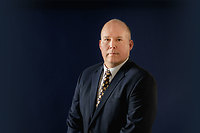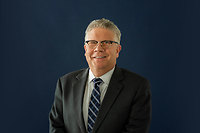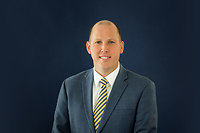Governor Kasich previously signed Ohio House Bill 523 into law which legalizes medical marijuana in Ohio. The law goes into effect on September 8, 2016 and contains numerous complexities and regulatory procedures for those dispensaries and individuals whom will operate under Ohio's medical marijuana law. Numerous Ohio lawyers petitioned the Ohio Supreme Court seeking guidance regarding the ethical dilemmas which have been created for lawyers, considering the fact that federal law still prohibits the sale, cultivation, processing, and use of marijuana for any purposes and does not recognize an exception for "medical marijuana" which is afforded at some state-levels.
Several inquiries were posed by Ohio lawyers to the Ohio Supreme Court's Board of Professional Conduct including:
1) Whether an Ohio lawyer may ethically counsel, advise, provide legal services to, and represent state regulated medical cultivators, processors, and dispensaries, as well as business clients seeking to transact with regulated entities;
2) Whether an Ohio lawyer may operate, hold employment or an ownership interest in, a licensed medical marijuana enterprise; and
3) Whether an Ohio lawyer may ethically use medical marijuana with an authorized prescription.
The Board of Professional Conduct of The Supreme Court of Ohio issued Opinion 2016-6 on August 5, 2016. The detailed Opinion concludes that a lawyer licensed in the State of Ohio is prohibited from counseling or assisting a client to engage in conduct the lawyer knows illegal under any law. This rule does not contain an exception if the federally prohibited conduct is legal under state law. Accordingly, a lawyer licensed in the State of Ohio cannot provide any legal services which may be necessary for a client to establish and operated a medical marijuana enterprise. An Ohio lawyer also may not transact any business with or be an owner at any level of a medical marijuana enterprise. Additionally, any Ohio lawyer who seeks to use medical marijuana or participates in a medical marijuana business in any manner is in technical violation of federal law. The Opinion goes on to state that a lawyer's personal violation of federal law, may adversely reflect on the lawyer's honesty, trustworthiness and fitness to practice law in violation of Ohio Profession Conduct Rule 8.4 (h).
The Opinion did clarify that Ohio lawyers are permitted to advise their clients as to the legality of contemplated or actual conduct either permitted under the laws of the State of Ohio or prohibited under federal law.
Based upon this Opinion, Ohio lawyers must be extremely cautious when rendering any legal services to a client who intends to establish and operate a medical marijuana enterprise within the State of Ohio. The scope of any legal services rendered should be limited to advising a client as to the legality of the client's proposed conduct under either the laws of the State of Ohio and/or federal law.[i]
If you have any questions with respect to this issue, or any other attorney disciplinary issue, or legal professional liability, contact one of our Legal Professional Liability Practice Group members.
[i] Please note that on September 1, 2016, proposed amendments to the Ohio Rules of Professional Conduct were submitted to the Ohio Supreme Court which would basically nullify this Opinion and would specifically allow Ohio lawyers to provide legal services to assist clients in the medical marijuana industry. These proposed amendments are open for public comment until September 18, 2016. Reminger will provide necessary updates to this Reminger Report, should the amendments to the Ohio Rules of Professional Conduct be enacted.





